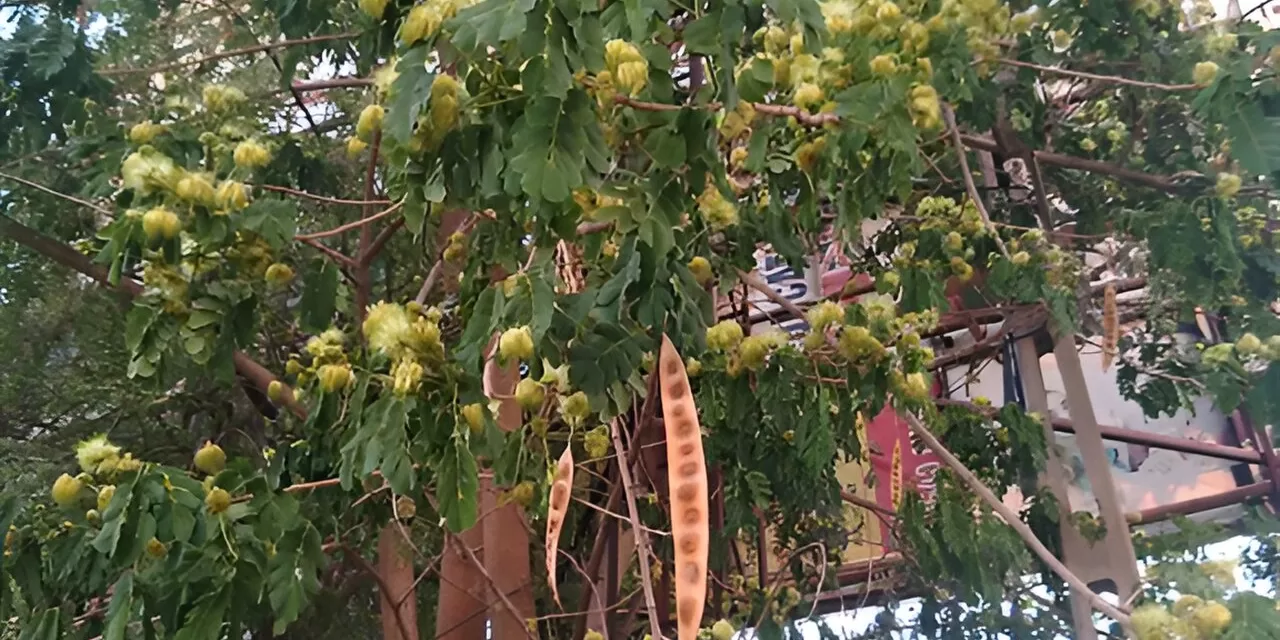A groundbreaking study led by researchers from The University of Texas at Austin has identified a potential natural agent in the fight against breast cancer metastasis: the Albizia lebbeck tree, commonly known as the siris tree.
Published in Scientific Reports, the research sheds light on the therapeutic properties of Albizia lebbeck leaves, which may inhibit the spread of cancerous cells to other parts of the body. Dr. Dilber Uzun Ozsahin, an associate professor at the University of Sharjah’s Department of Medical Diagnostic Imaging and co-author of the study, emphasized the significance of impeding cancer cell migration, a critical step in preventing metastasis—the leading cause of death in breast cancer patients.
“Our study presents initial findings towards stopping the metastasis of breast cancer,” stated Dr. Ozsahin, highlighting the potential impact of the research on improving patient outcomes.
Metastatic breast cancer poses a significant health challenge globally, with millions of women diagnosed each year. The World Health Organization (WHO) reports staggering figures, with millions of new cases and hundreds of thousands of deaths attributed to breast cancer annually.
The study, which integrated artificial intelligence into cancer research methodologies, employed advanced computational models to predict cancer cell migration potential. Dr. Huzaifa Umar, lead author of the study from the Near East University of Northern Cyprus, underscored the significance of utilizing medicinal plants and innovative techniques in cancer treatment and prevention.
“Our study sheds light on the multifaceted approach needed to address the complexities of cancer metastasis,” remarked Dr. Umar, emphasizing the importance of exploring natural compounds and advanced computational techniques in developing novel therapies.
Albizia lebbeck, native to the Indian subcontinent, has long been valued for its medicinal properties. Farmers commonly use the tree for shade in plantations, while its leaves contain organic compounds highly regarded in the medical field. The study revealed the potential of Albizia lebbeck’s ethanolic extracts in inhibiting the migration of human breast cancer cells in vitro.
Dr. Ozsahin expressed optimism about the study’s implications for cancer research and treatment, noting its potential to lead to safer and more effective therapies for combating metastatic cancer.
“By demonstrating anti-migratory, antiproliferative, and cytotoxic effects against these cancer cell lines, the study suggests that Albizia lebbeck may hold promise as a natural agent for combating breast cancer metastasis,” stated Dr. Ozsahin.
The study has attracted significant interest from the medical community, with industries expressing interest in collaborating to advance the research to the clinical stage. Dr. Ozsahin emphasized the importance of clinical trials in evaluating novel therapies’ safety, efficacy, and feasibility in human subjects.
The findings offer hope for the development of innovative treatments to combat metastatic breast cancer, potentially improving patient outcomes and advancing cancer care.
Journal Reference: Huzaifa Umar et al, Prediction of cell migration potential on human breast cancer cells treated with Albizia lebbeck ethanolic extract using extreme machine learning, Scientific Reports (2023). DOI: 10.1038/s41598-023-49363-z











